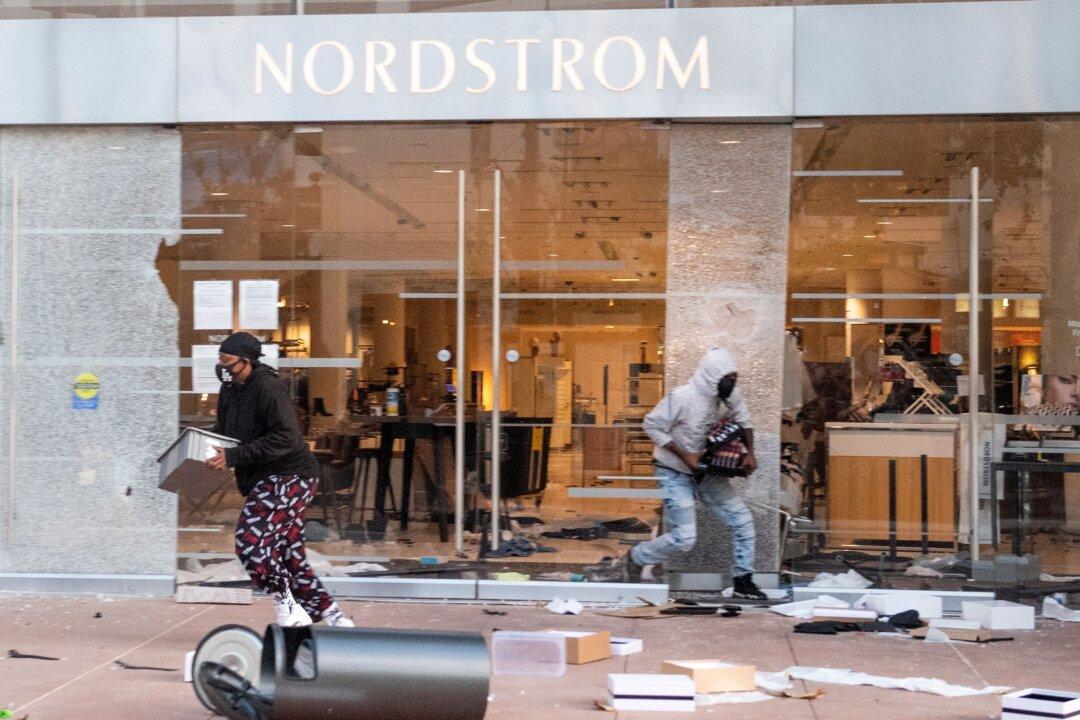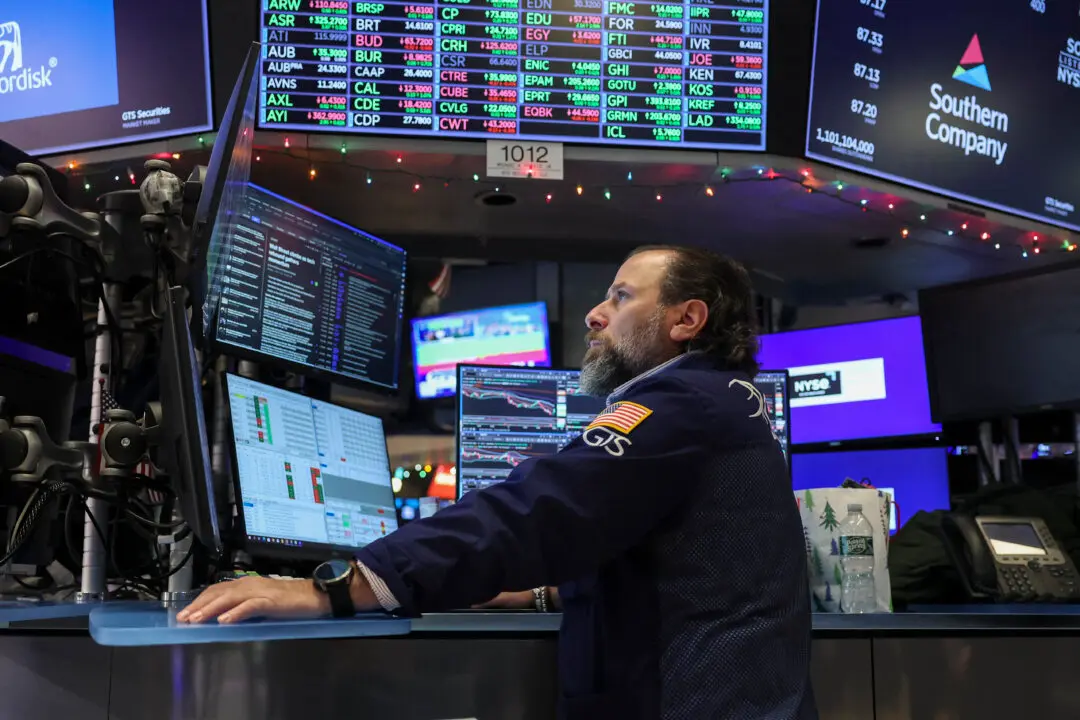With retail theft impacting communities, California officials scheduled a hearing earlier this month to learn more about the issue and make recommendations to lawmakers, with some questioning if existing laws are failing to effectively address the crime.
California’s Little Hoover Commission—an independent oversight agency providing recommendations for the state government—gathered information from stakeholders during a four-hour hearing Dec. 14 where commissioners grilled various witnesses, including Sacramento Sheriff Jim Cooper and state Sen. Roger Niello (R-Fair Oaks)—a lawmaker who introduced a failed bill earlier this year to strengthen penalties for retail theft offenders.





